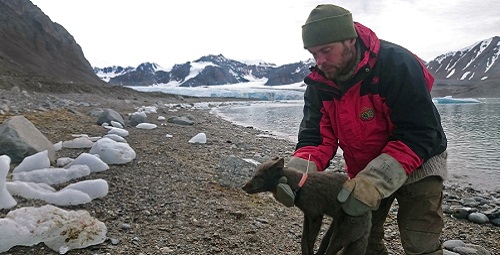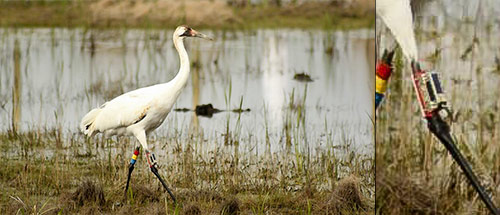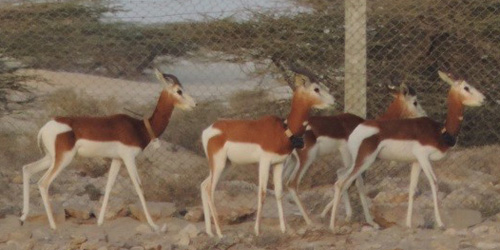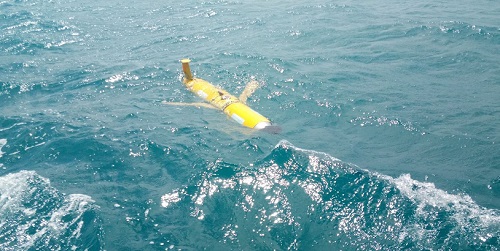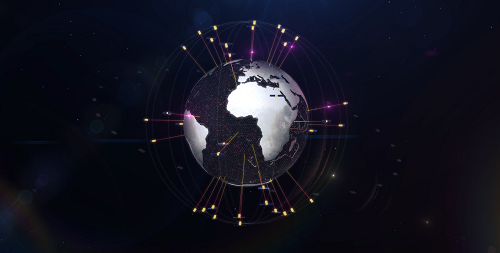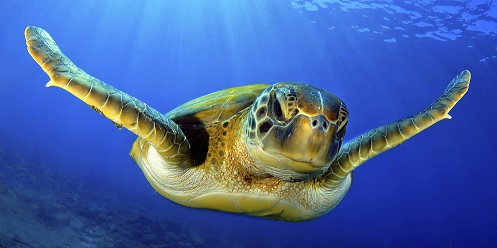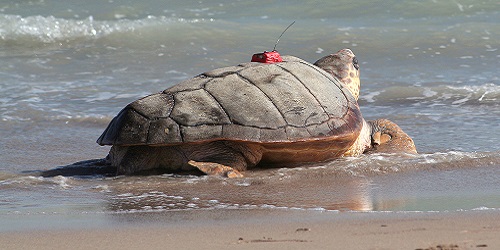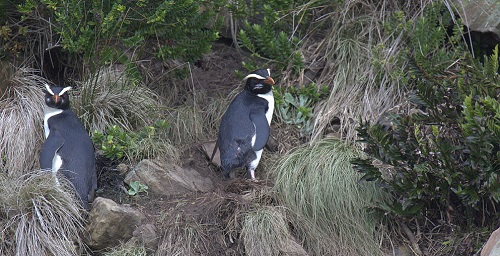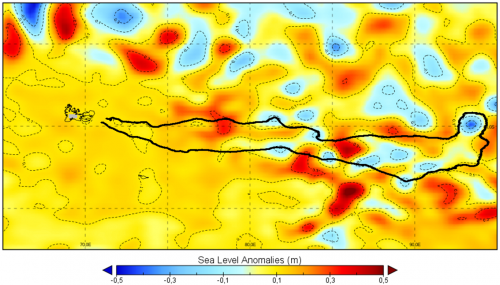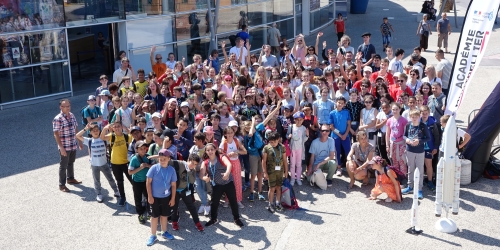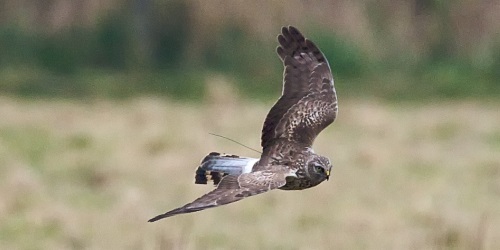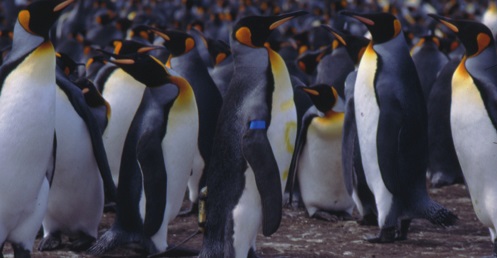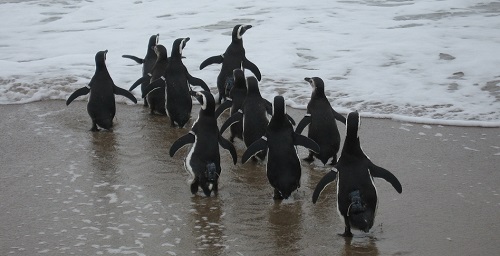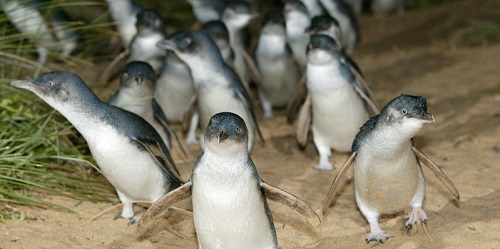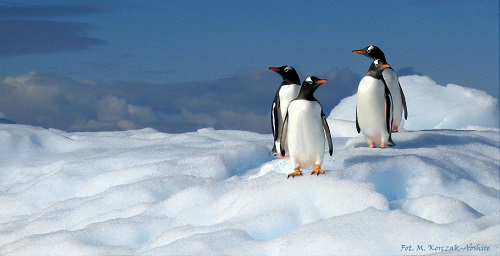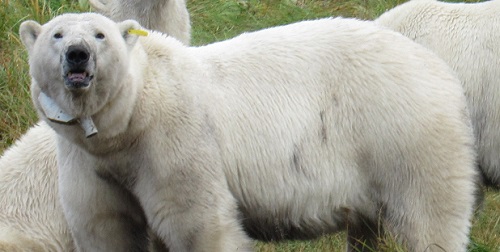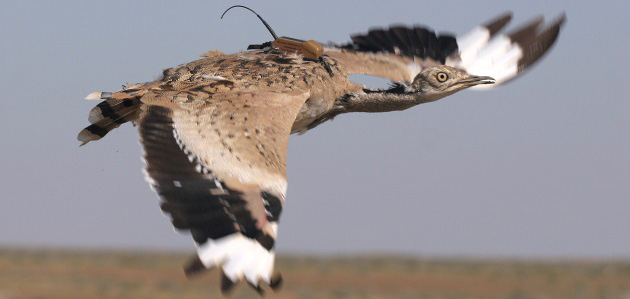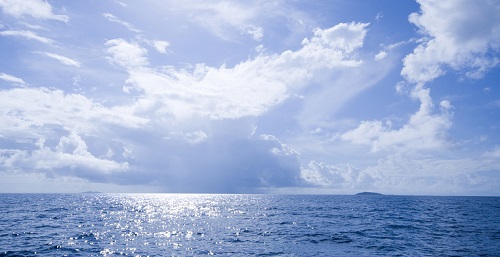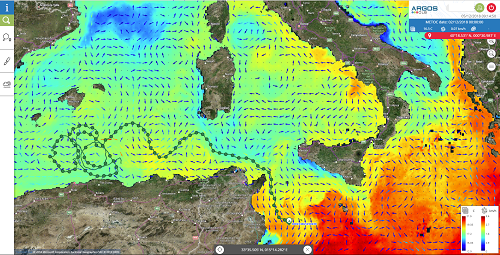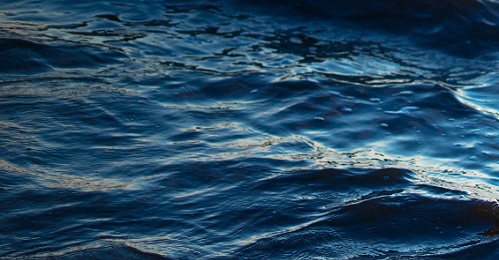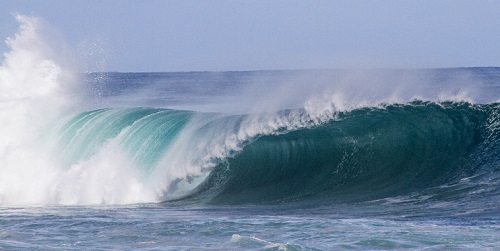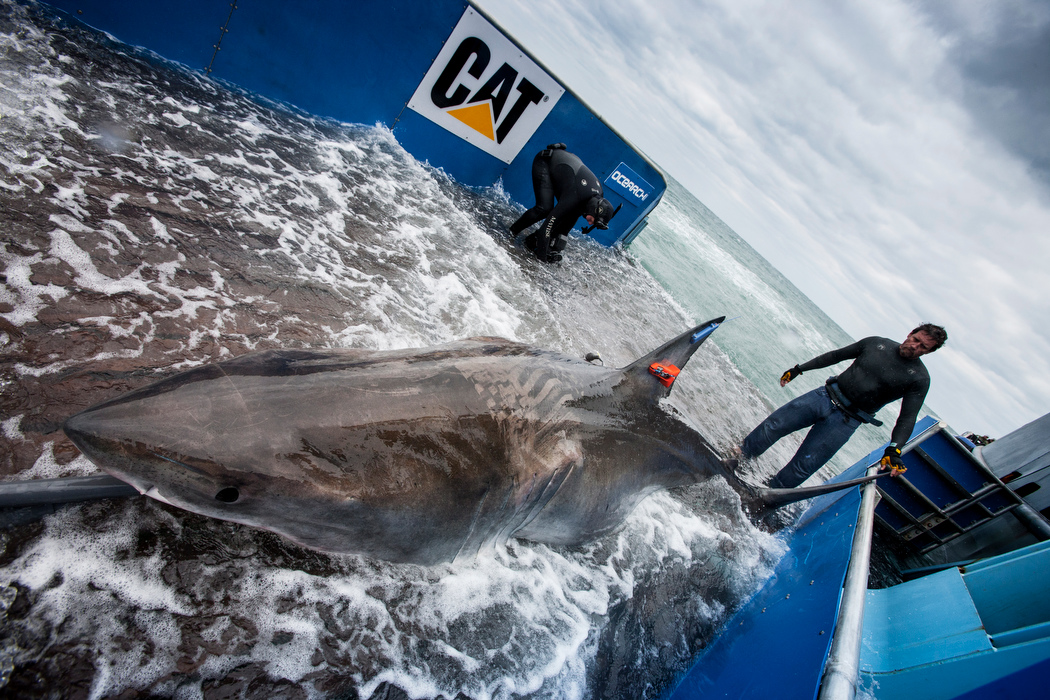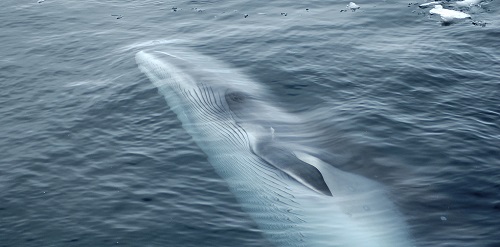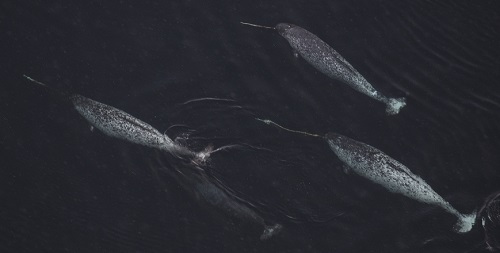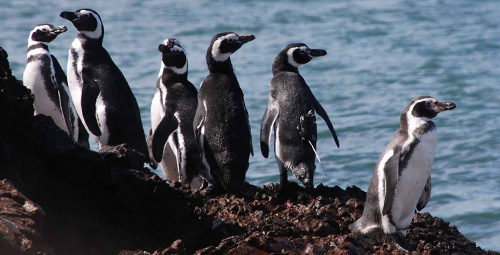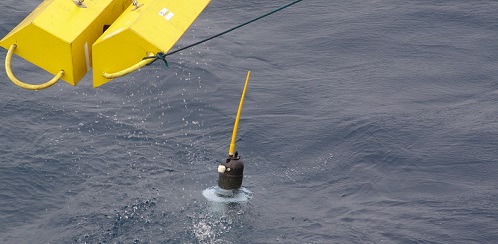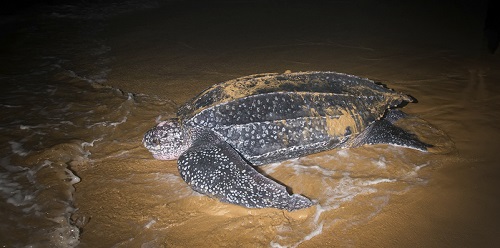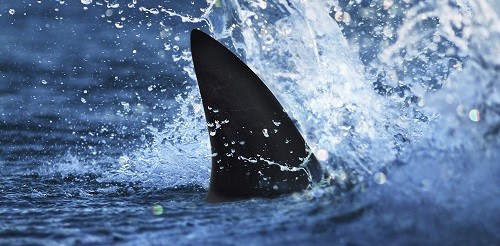Argos News
Search filters
From Svalbard to Canada, the long travel of an arctic fox tracked by Argos
Arctic foxes are living in all the regions around the Arctic ocean. Argos satellite telemetry tracking demonstrates that some of those foxes are changing continent using the sea ice as bridge,...
Argos helps track large scale movements of Whooping Cranes reintroduced into Southwestern Louisiana
Whooping cranes were nearly extinct in North Americas in the 1950s. Preservation actions initiated since then have enabled the protection of the species. Reintroduction programs, helped by Argos...
Reintroducing Mhorr gazelles into the wild
The Mhorr gazelle is an endangered species of the Sahelian area. It is one of the most singular, threatened and scarcely-studied gazelle species of northern Africa. It is considered by locals as...
Glider recovery with Argos back-up tracking
Australia’s Integrated Marine Observing System (IMOS) is a national collaborative research infrastructure, supported by the Australian Government. The IMOS Ocean Gliders facility operates a fleet of...
Great news for Argos users, the Kinéis constellation carrying the future of Argos is under production!
Production is underway on the new constellation of 25 nanosatellites called Kinéis, with the next generation Argos instruments onboard. The new generation of the Argos system is based on greater...
Happy World Sea Turtle Day from Argos
On June 16th, people around the world celebrate the beauty of sea turtles and their importance to the marine ecosystem. CLS, unique operator of the Argos system since 1986, would like to take this...
Understanding the tracking of three loggerhead turtles with ocean data
Trajectories of loggerhead turtles in the Atlantic ocean and the Mediterranean Sea have been tracked using Argos transmitters. Comparing the tracks with marine environmental data provides a better...
New Zealand’s Marathon Penguins
New Zealand is home to more penguin species than any other country in the world. The Tawaki penguin, also known as the Fiorland penguin (Eudyptes pachyrhynchus), is one such species that breeds on...
Ocean data to better understand marine animals in their environment
Argos satellite tracking makes it possible to follow the paths of tagged animals. This tracking data is invaluable, but sometimes it raises more questions than it answers. Why is the animal making a...
Kids on Argos tracks
Among Argos satellite telemetry users, we have kids and teachers, thanks to the Argonautica STEM educational project from the French Space Agency, Cnes. Representatives met last week to present the...
Argos helps reveal that British grouse moors are dangerous grounds for hen harriers
Hen Harriers is a protected species of raptor living in Great Britain. Until recently, their behaviour and habits had been observed mostly at specific times and areas. Argos PTTs have enabled...
King penguins: Long-distance champion
The research team at Centre d'Etudes Biologiques de Chizé (CEBC-CNRS) has been using the Argos system since the 1990s to study penguins on Crozet and Kerguelen Islands. One of the researchers from...
Establishing a marine reserve for Magellanic penguins
From 1996 - 2018, the Center for Ecosystem Sentinels tracked 459 penguins from Punta Tombo using the Argos system, shedding new light on home range, foraging patterns, and how climate change...
Protecting little penguins with Phillip Island Nature Parks
Phillip Island Nature Parks is a unique nature reserve, located on Australia’s Phillip Island, just a two hours’ drive from Melbourne. It is part of the UNESCO Western Port Biosphere Reserve and...
Understanding penguin populations on the Antarctic peninsula
The Commission for the Conservation of Antarctic Marine Living Resources (CCAMLR) was established by international convention in 1982 with the objective of conserving Antarctic marine life. The...
Argos sheds light on polar bears’ changing summer habits
For some years one of the major problems of polar bears has been the dramatic reduction of their habitat, i.e. Arctic sea ice, during the summer time. The bears are thus faced with extreme...
Argos at Ocean Business in Southampton
The CLS Telemetry team will attend the Ocean Business trade fair in Southampton, UK, one of the UK’s premier ocean science and technology events, from April 9th-11th. Our teams will be present on...
Asian Houbara conservation
The Asian houbara is a bird highly adapted to its arid environment, with perfect camouflaging feathers and few natural predators. However, it is traditionally hunted using falcons in the Arabic...
Monaco Blue Initiative: Putting MPAs on the international agenda
The tenth edition of the Monaco Blue Initiative took place on March 24th-25th in Monaco under the presidency of HSH Prince Albert II of Monaco. This edition, like the previous editions, was was...
What Argos users are saying about MetOc data on ArgosWeb
Since February 21st, 2019, all Argos users benefit from a 3-month free access to meteorological and oceanographic data via the ArgosWeb mapping function. This data is easy to display, and is...
Argos buoys help clean-up efforts after the Grande America
The CEPPOL, the French Navy’s Practical center of expertise for pollution control, uses Argos buoys to track pollution when an oil spill occurs at sea. This has been the case in the Atlantic Ocean...
Argos, satellite telemetry solution for new low-cost European WAVY drifters
The Argos system made it possible to relay the first in-situ observations of the open ocean by satellite in the early 1980s and continues to be a relevant technology for ocean science today,...
White sharks in eddies and meanders
Top predators play a key role in maintaining the health of open ocean ecosystems. Understanding how they relate to their environment is fundamental in order to monitor their populations and the...
Argos celebrates World Whale Day
Whales are some of the most fascinating creatures on Earth. They inhabit all of the world’s major oceans, including the Arctic, the Antarctic and the tropical waters of the Atlantic, Pacific and...
Understanding the impact of human activity on narwhals in the Arctic
Wide-scale changes are taking place in the Arctic, with warmer temperatures leading to shrinking summer ice coverage. More ice-free water means easier access for vessels and industrial operations,...
Shedding new light on South American penguins home range
Humboldt and Magellanic penguins live in the southern tip of South America. On the Pacific coast, they benefit from the high productivity of the Humboldt Current but are also threatened by artisanal...
Measuring CO2 in faraway regions of the ocean
The ocean is one of the most important carbon sinks on Earth. Thus, accurate estimation of CO2 uptake by the ocean is important for predicting global climate change. Automated buoys with data...
Argos system contributes to Argo program milestone
Last month, the international Argo program reached a very important milestone: Over 2 million ocean profiles have been collected by Argo since 1999, greatly improving the understanding of the...
Argos system contributes to French National Action Plan to protect Marine turtles in the Caribbean
In the French West Indies, five turtle species are threatened. This includes the hawksbill turtle, green turtle, leatherback turtle, loggerhead turtle and olive Ridley turtle. Three of these species...
Argos satellite telemetry, an important tool for conserving migratory sharks
The 3rd Meeting of the Signatories of the Memorandum of Understanding on the Conservation of Migratory Sharks took place from December 10-14th at the Museum for Oceanography of Monaco. It was hosted...

